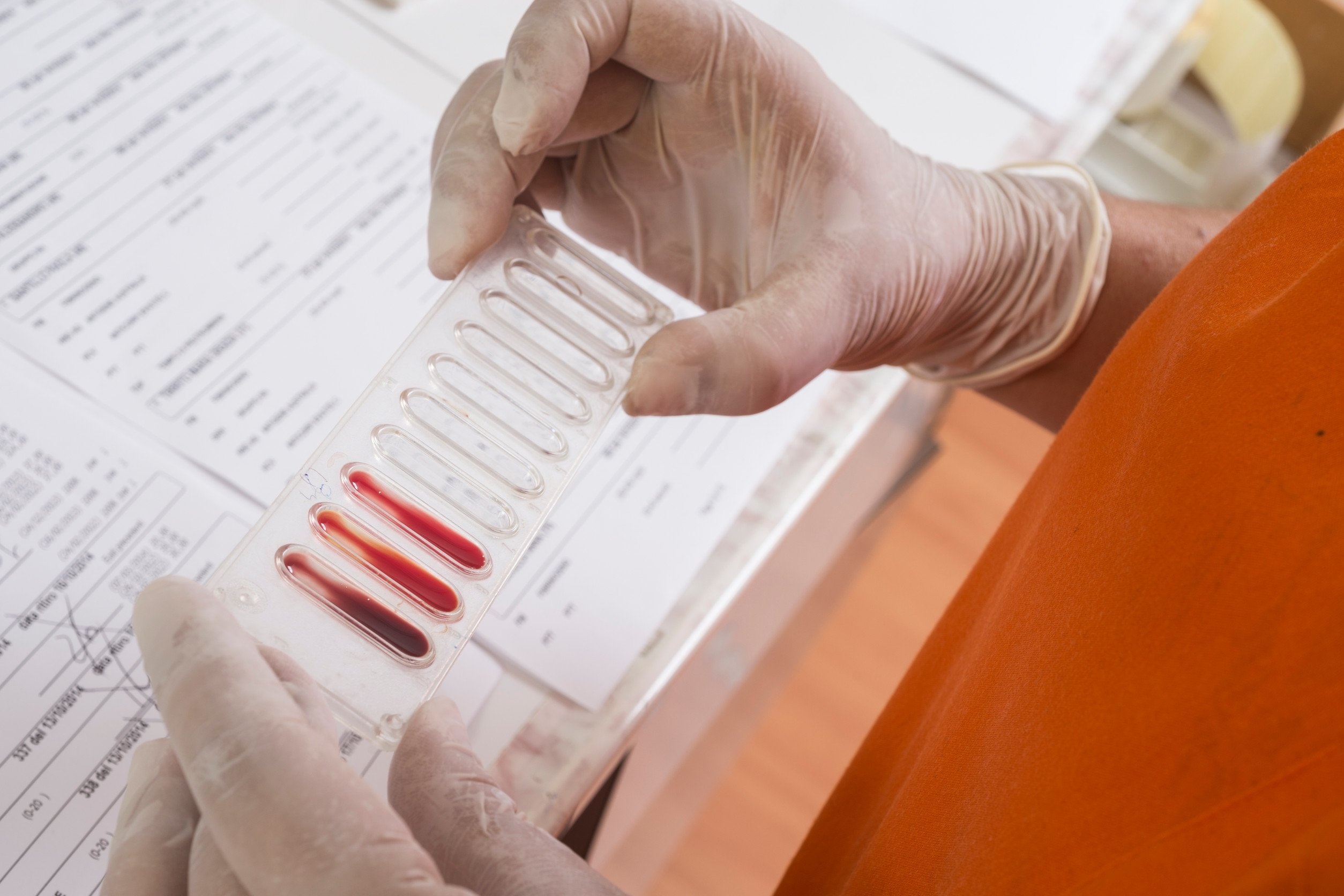2 min read
Phillips v. Gordon: CA Court Upholds DUI Blood Test Despite Violations
Joe Whitcomb
:
May 18, 2025

In Phillips v. Gordon, the California Court of Appeal upheld the suspension of Savannah Phillips's driver's license despite procedural violations during the collection of her blood sample for blood alcohol content (BAC) testing. The court ruled that while Phillips successfully rebutted the presumption that the test was properly administered under regulatory standards, the Department of Motor Vehicles (DMV) still met its burden by showing the test was reliable under foundational evidentiary principles.
Procedural Challenges to Phlebotomy Oversight
Phillips was arrested in September 2020 for driving under the influence and submitted to a blood test at a medical facility. A certified phlebotomy technician (CPT) named Ramos conducted the blood draw. At the administrative hearing regarding her license suspension, Phillips argued the collection was invalid because Ramos was not supervised in compliance with California Vehicle Code § 23158 and Title 17 of the California Code of Regulations.
Phillips presented evidence that Ramos lacked a qualified supervisor's procedural approval and was not subject to ongoing oversight, including monthly reviews and pre-collection competency assessments. These violations, according to Phillips, rebutted the presumption under Evidence Code § 664 that the blood draw was properly conducted.
Presumption Rebutted, But Reliability Still Established
The court agreed that Phillips had rebutted the presumption of regulatory compliance. However, under California law, once that presumption is rebutted, the DMV can still admit the blood test if it provides evidence showing:
-
The use of properly functioning equipment
-
Proper collection procedures
-
A qualified and competent collector
The court found that the evidence—including checklists, testimony, and procedural documentation—demonstrated that Ramos used sterile equipment, followed the required steps for blood draws, and had received training and prior evaluation of her competency.
Although Ramos lacked supervision at the time of the blood draw, the court distinguished this from situations involving unqualified collectors or faulty equipment. It emphasized that the violations were not sufficient to undermine the reliability of the specific test in this case.
Legislative Intent and Regulatory Purpose
The decision discussed the legislative and regulatory history behind CPT supervision requirements. While these standards aim to ensure consistency and reliability, the court determined they are not absolute requirements for test admissibility. The key issue remained whether the actual blood draw was carried out in a scientifically reliable manner.
In rejecting Phillips's appeal, the court clarified that not all violations of procedural standards necessarily render forensic test results inadmissible. Courts must evaluate whether the foundational reliability of the test is independently established through evidence.
Regulatory Compliance in Administrative Proceedings
Compliance with statutory and regulatory procedures can affect the admissibility of scientific evidence in licensing actions. The attorneys at Whitcomb, Selinsky, PC assist clients with issues involving evidence collection, administrative proceedings, and regulatory oversight under California law.


